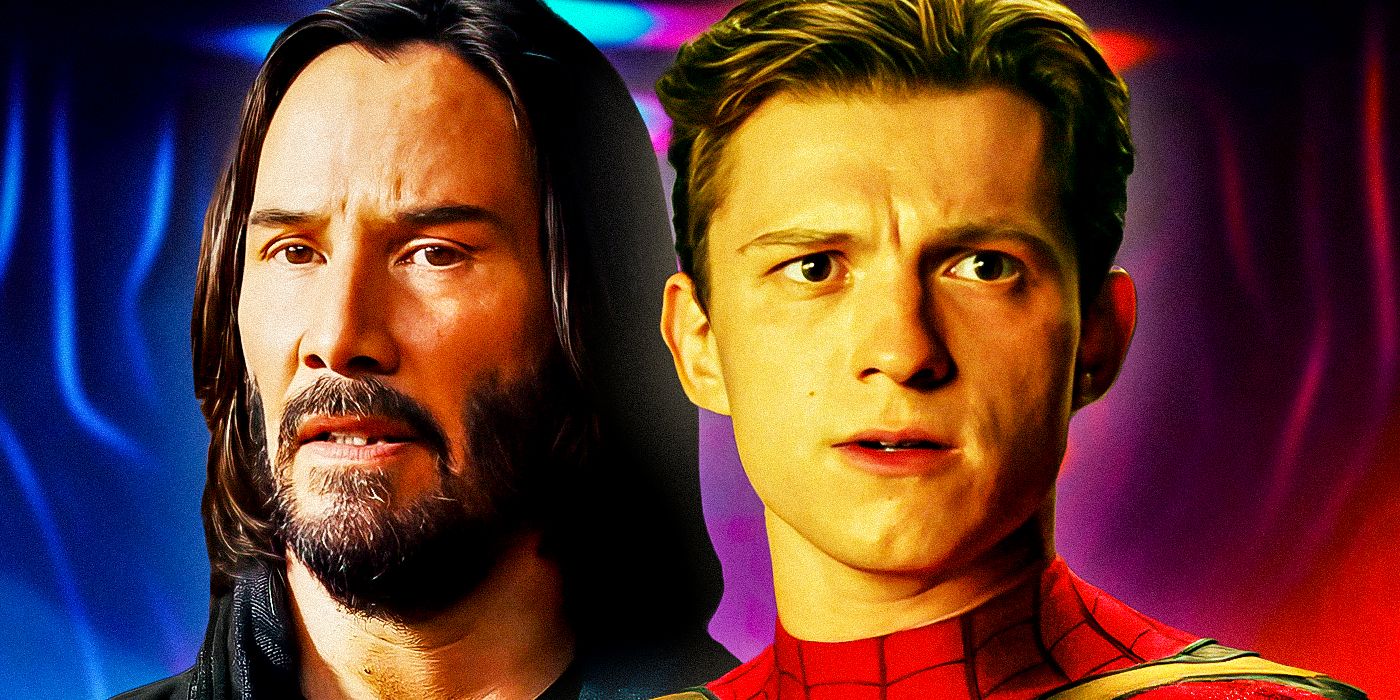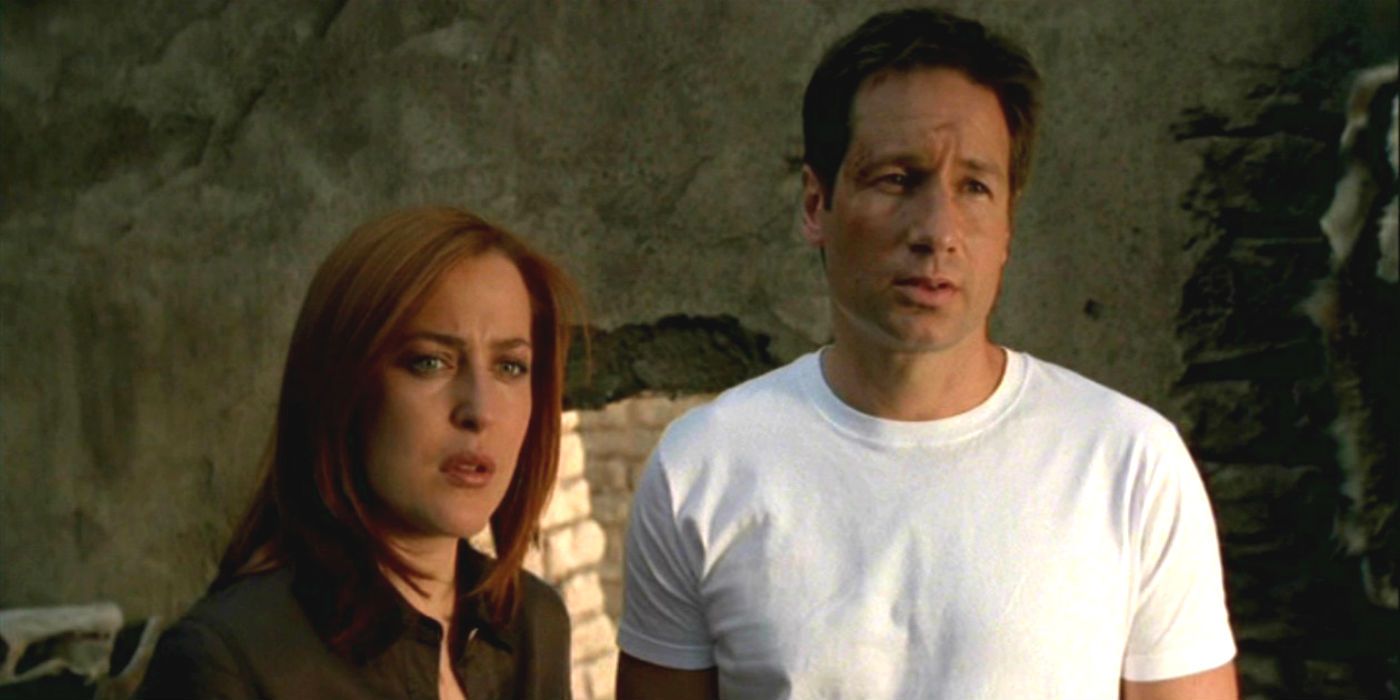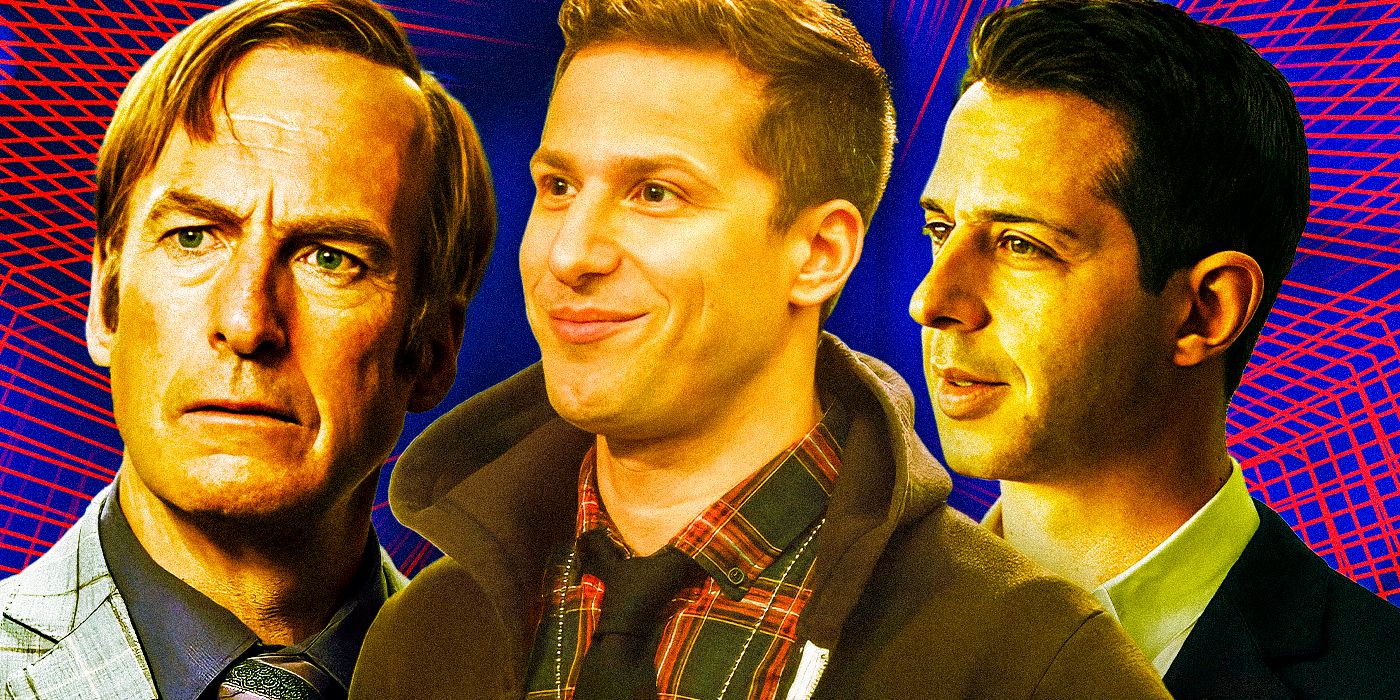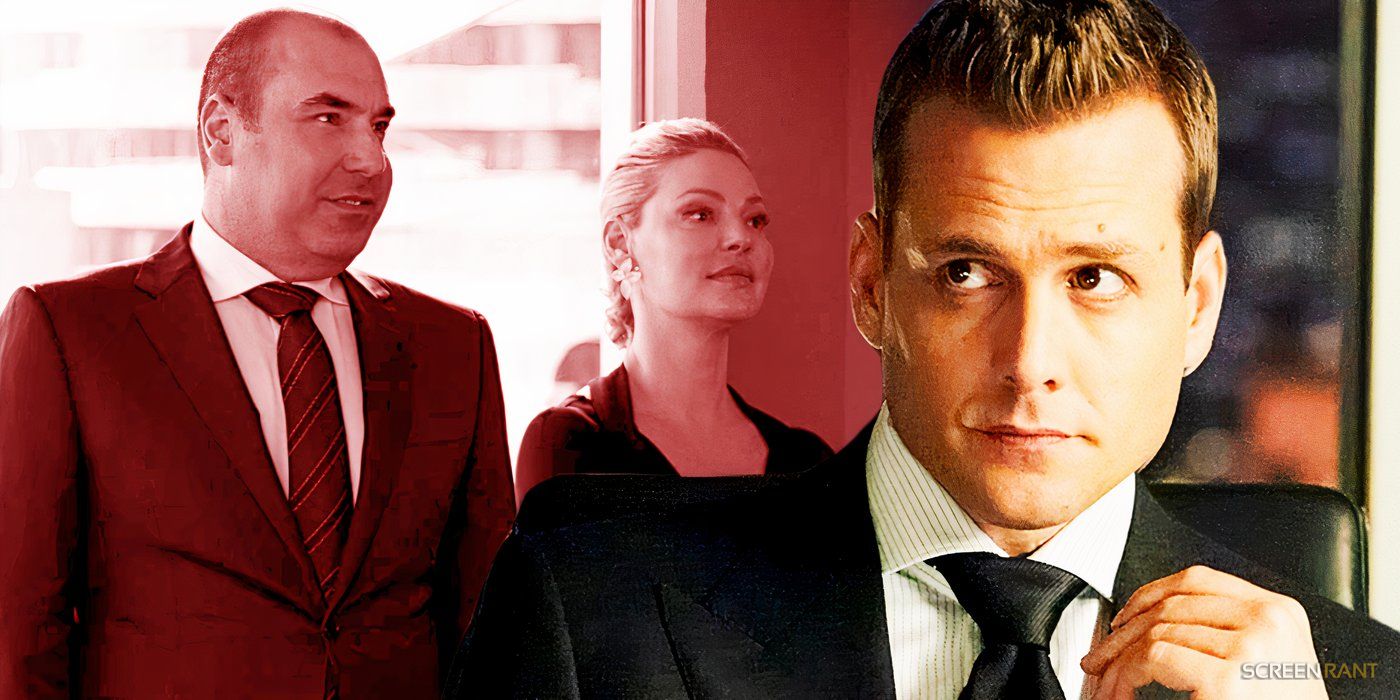Frank Sinatra (a blueprint for Johnny Fontaine) famously hated The Godfather novel, and The Offer delves into the singer’s crusade to prevent The Godfather movie from being made. Timed to celebrate The Godfather‘s 50th anniversary, The Offer is a 10-episode series on Paramount+ about how Francis Ford Coppola’s landmark film was produced. Set in 1965-1972, The Offer centers on Albert S. Ruddy (Miles Teller), The Godfather‘s producer, and the eclectic cast of characters who labored to adapt the best-selling novel onto the big screen – as well as those like Sinatra who didn’t want the classic gangster movie to be made.
Mario Puzo’s novel about the Italian-American crime family, the Corleones, was a blockbuster. It sold over 9 million copies and spent 62 weeks atop the New York Times bestseller list when it was published in 1969. However, the Italian-American community, especially the Mafia, felt Puzo’s novel denigrated them, and they pushed back against The Godfather film being filmed in New York. The Offer dramatizes this by focusing on mobster Joe Columbo (Giovanni Ribisi), the head of the Columbo crime family. Columbo formed the Italian-American Civil Rights League in 1970 and The Offer posits that one reason was to protest “the traitor” Mario Puzo and his book and rally the Italian-American community against The Godfather movies. Meanwhile, Frank Sinatra, who is also Italian-American, had an even more personal reason to despise Puzo and The Godfather.
In spite of Mario Puzo’s denials and insistence that his novel is a work of fiction, it’s generally accepted that The Godfather character Johnny Fontaine is based on Frank Sinatra. Fontaine is a popular singer who owes his career to Don Corleone and the mob. In The Godfather, Fontaine begs Don Corleone to help him get a part in a war movie that could resurrect his floundering career. It’s believed this is based on how Frank Sinatra got the part of Private Angelo Maggio in 1953’s From Here To Eternity, which won him the Academy Award for Best Supporting Actor. Sinatra took grave offense to Fontaine’s character in The Godfather, seeing it as a thinly-veiled shot at him. The crooner publicly denied his connections to the Mafia to protect his public image, yet Sinatra did have social ties to organized crime, and The Offer depicts him leaning on Joe Columbo to put a stop to The Godfather movie’s production.
How Frank Sinatra Tried To Block The Godfather’s Production
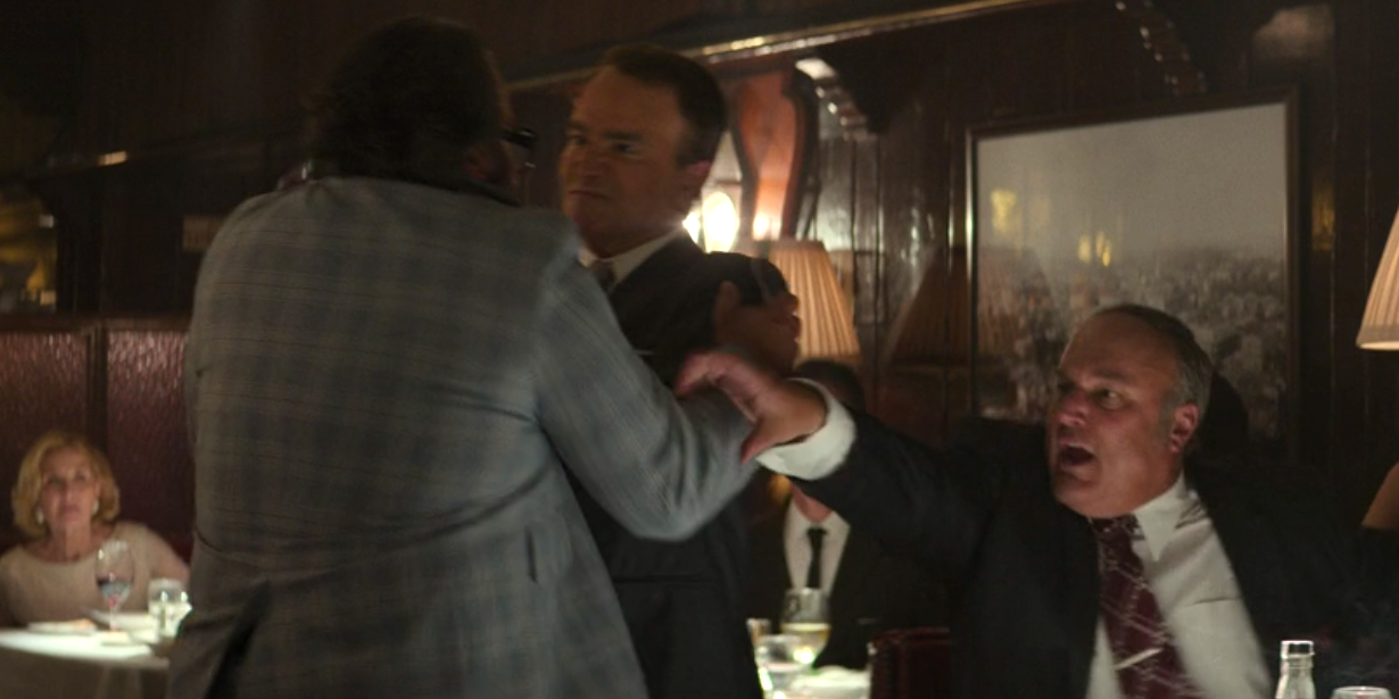
The Offer‘s premiere episode, “A Seat At The Table,” recreates an infamous confrontation between Mario Puzo (Patrick Gallo) and Frank Sinatra (Frank John Hughes). When Ruddy and Puzo went out to dinner at Chasen’s, Sinatra happened to already be dining there. Although Puzo, who admired Sinatra as “an icon,” didn’t want to meet the crooner, Sinatra got hostile in Puzo’s presence. The scuffle between The Godfather author and “The Chairman of the Board” was witnessed by the other diners at Chasen’s. The Offer also depicts how Sinatra used his influence to pressure other actors to turn down the Johnny Fontaine role in The Godfather. Al Martino ultimately played Fontaine in the film.
Sinatra eventually warmed to The Godfather movie after Ruddy made concessions to Joe Columbo that the words “Mafia” and “Cosa Nostra” be cut from the screenplay. Frank also liked Francis Ford Coppola and told the director that if he could finance the movie himself, Sinatra would play Don Corleone. Regardless of Frank Sinatra’s protests and attempts to block its production, as dramatized in The Offer, there was nothing he could really do to prevent The Godfather movies from being made.
Sinatra’s Mafia Connections Explained: Did He Really Have Links To The Mob?
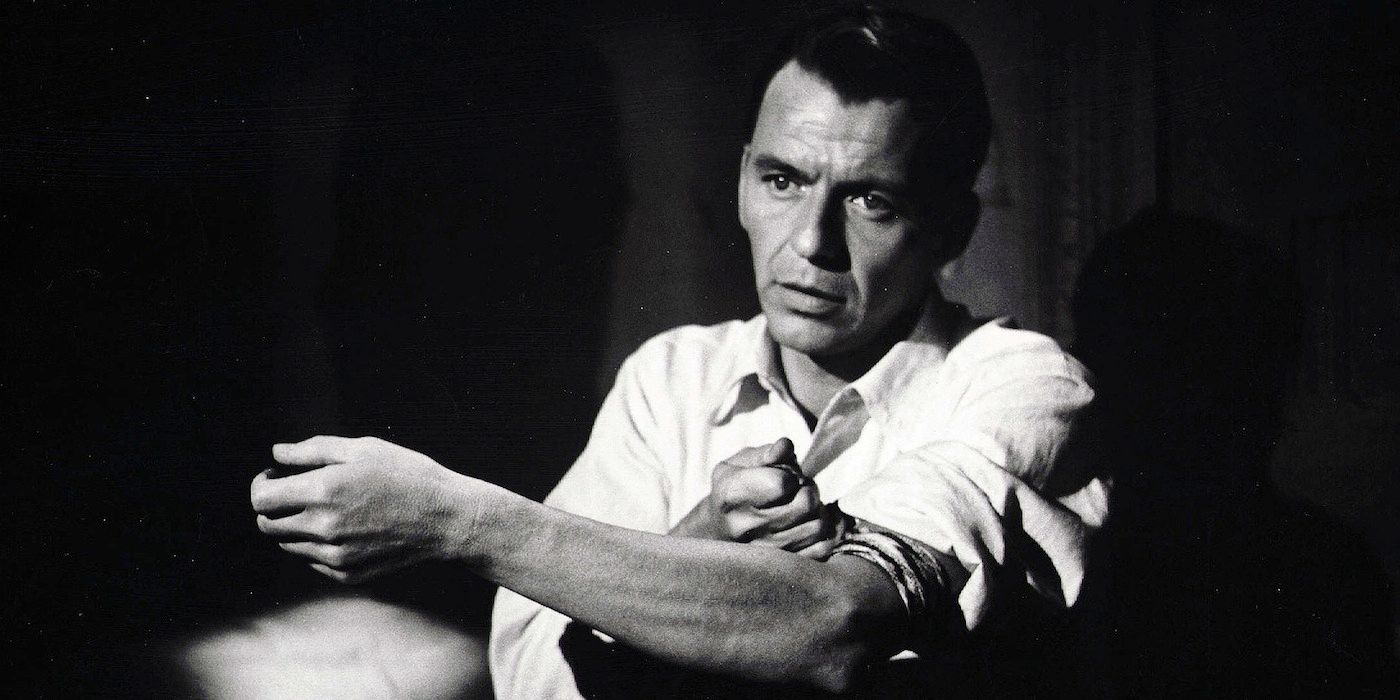
Even now, the true depth of Frank Sinatra’s Mob connections is still up for debate, but the FBI kept tabs on the famous singer for nearly his whole career. The files, which have since been made public, detail scores of interactions between Sinatra and known gangsters in Chicago, Detroit, Philadelphia, and more. Most of these appear to be merely social in nature, with Sinatra also performing at plenty of Mob clubs over the years. This doesn’t prove much, though, other than the fact that Sinatra had shady friends. It does, however, help explain why he took issue with the character of Johnny Fontaine in The Godfather – a performer who only achieved stardom thanks to a Mob boss pulling strings. As The Offer illustrates, Sinatra took this insinuation as a personal insult. Aside from the criminal insinuations, no creative wants to be told that they didn’t achieve their success on merit, and Sinatra is, clearly, a generation-defining talent.
